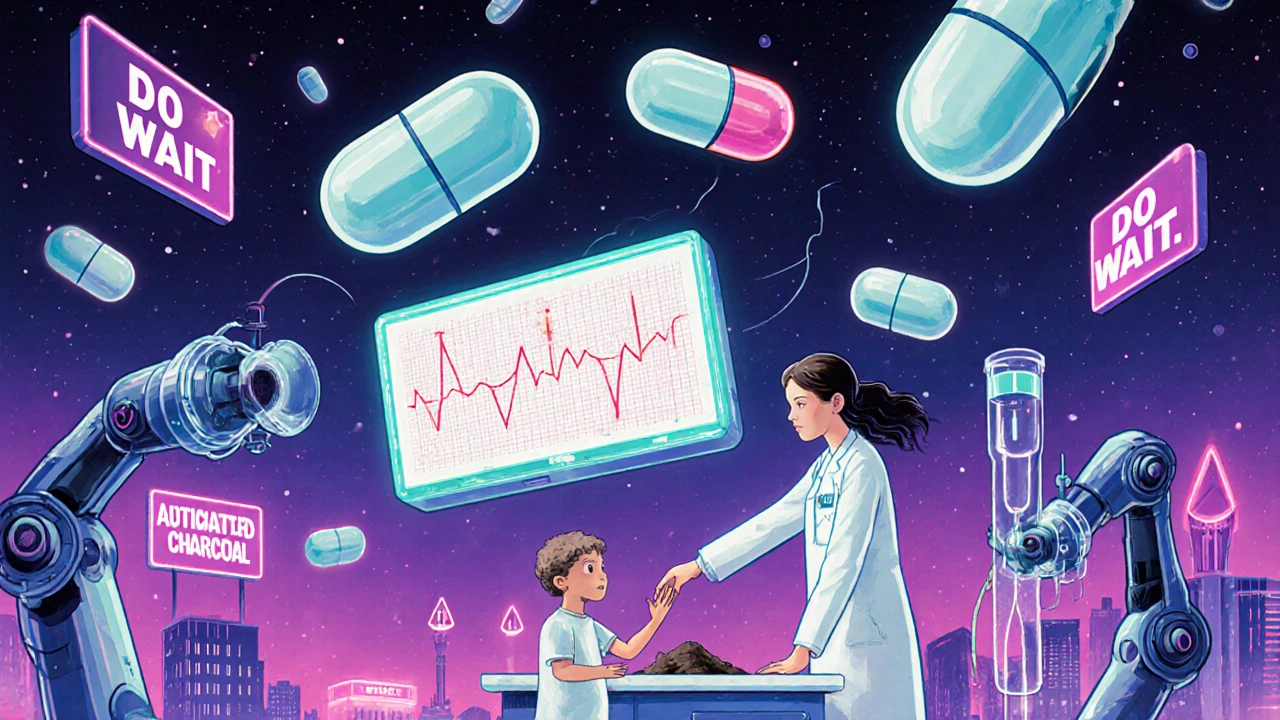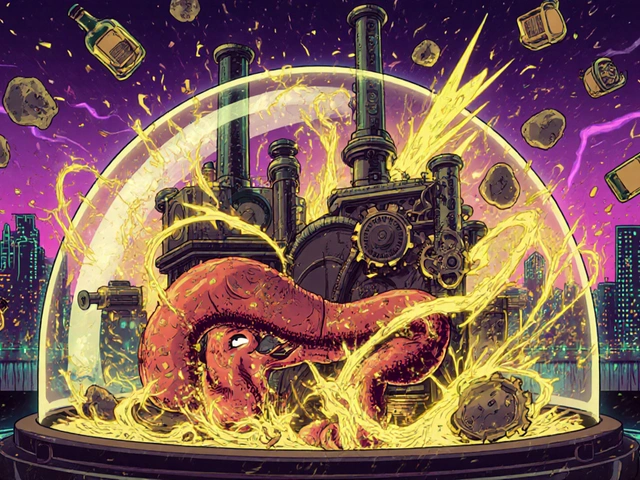Overdose Treatment: What Works, What Doesn't, and When to Act
When someone overdoses, every second counts. Overdose treatment, the immediate medical response to accidental or intentional drug toxicity. Also known as toxicity management, it’s not just about giving medicine—it’s about recognizing the signs, acting fast, and knowing what to do next. Whether it’s opioids, benzodiazepines, or even too much acetaminophen, the body reacts in ways that can shut down breathing, stop the heart, or cause irreversible organ damage. The good news? Many overdoses are reversible—if you know how to respond.
One of the most critical tools in naloxone, a medication that rapidly reverses opioid overdoses by blocking opioid receptors in the brain. Also known as Narcan, it’s now available over the counter in many places and can be carried by anyone. But naloxone only works on opioids—it won’t help with an overdose from alcohol, stimulants like cocaine, or antidepressants. That’s why understanding the type of drug involved is the first step in effective overdose treatment. For non-opioid overdoses, the focus shifts to supporting vital functions: airway management, oxygen, IV fluids, and sometimes activated charcoal or specific antidotes like acetylcysteine for acetaminophen poisoning.
Emergency response isn’t just about medication. Calling 911 is non-negotiable—even if naloxone brings someone back. The effects of naloxone wear off faster than many opioids, and the person can slip back into overdose. Hospitals have monitoring, breathing support, and labs to track what’s happening inside the body. And while some people try home remedies like cold showers, vomiting, or coffee, these do nothing but waste time. The only proven steps are: check responsiveness, call for help, give naloxone if opioids are suspected, and start rescue breathing if they’re not breathing.
Many of the posts in this collection touch on the risks of common medications—from blood pressure drugs like azilsartan to sleep aids like trazodone—and how misuse or interactions can lead to dangerous outcomes. Even over-the-counter meds can be lethal in high doses. A single extra-strength Tylenol tablet taken too often can cause liver failure. A few extra pills of an antidepressant can trigger serotonin syndrome. Knowing how to spot early signs—confusion, vomiting, slow breathing, blue lips, unresponsiveness—can mean the difference between life and death.
There’s no magic bullet for overdose treatment. It’s a mix of quick thinking, the right tools, and knowing when to get professional help. Whether you’re someone who takes medication daily, cares for a loved one on prescriptions, or just wants to be prepared, understanding how overdose treatment works isn’t just useful—it’s essential. Below, you’ll find real-world guides on specific drugs, their risks, and how to avoid or respond to dangerous situations. No fluff. Just facts you can use when it matters most.
 30 October 2025
30 October 2025
Atomoxetine Overdose: What to Watch For and How It’s Treated
Atomoxetine overdose can be life-threatening with symptoms like rapid heartbeat, high blood pressure, and seizures. Learn the warning signs, emergency steps, and how doctors treat it to stay safe.
Latest Posts
-

Duphalac (Lactulose) vs Other Laxatives: A Detailed Comparison
-

Horsemint: The Secret Ingredient for Boosting Your Health and Wellness Journey
-

Antihistamines and Restless Legs: Worsening Symptoms and Safe Alternatives
-

Pancreatitis: Understanding Acute vs. Chronic and the Role of Nutrition in Recovery
-

How Estrogen and Progesterone Regulate Ovulation & Menstruation - A Complete Guide

9